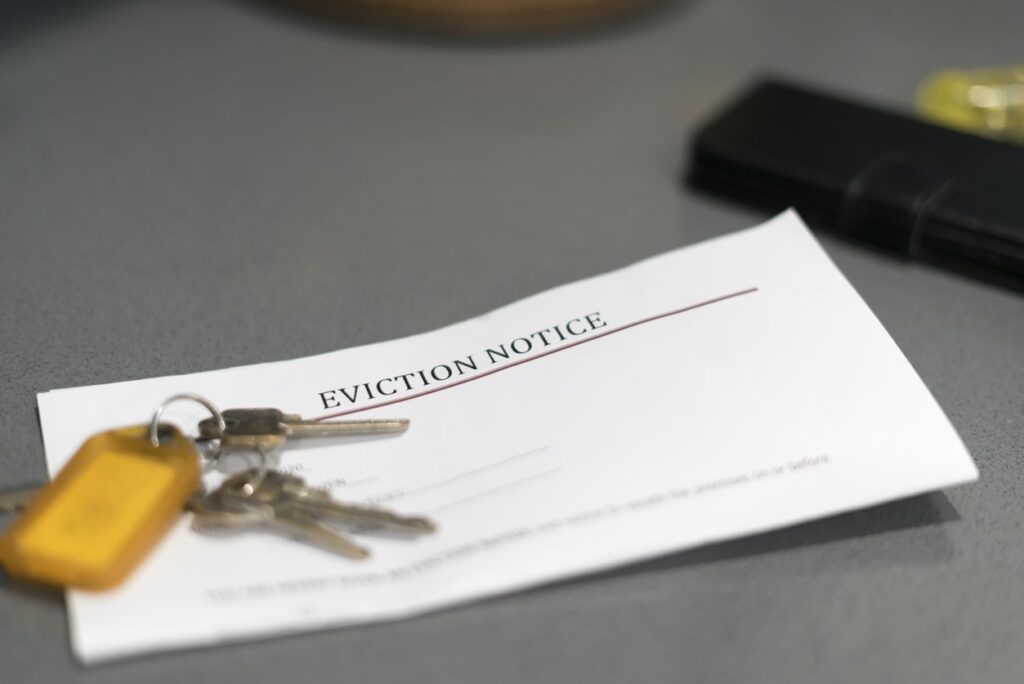Locks and security are fundamental aspects of our daily lives, providing safety and protection for our homes and businesses. However, situations may arise where individuals need to change their locks, whether due to safety concerns, landlord-tenant dynamics, or even property repossession.
Here at Leeds Lock Doc, we have been providing a range of professional locksmith services for many years now, and we’re entirely in the know when it comes to changing locks and UK laws and regulations. This guide will delve into the legalities surrounding lock changing in the UK, exploring the rights and responsibilities of tenants and landlords, the implications of lock changes during evictions, and much more.
Understanding the Importance of Locks and Security
Before delving into the legal aspects, it’s crucial to recognise the significance of locks and security. Locks act as the first line of defence, safeguarding our properties from unauthorised access and potential threats. They provide peace of mind to homeowners and business owners, offering protection against burglaries and vandalism. Consequently, knowing the legal framework governing lock changes in the UK becomes paramount in maintaining this safety and security.
Rules For Homeowners
As a homeowner in the UK, you can make decisions about your property, including the option to change locks when necessary. Unlike tenants, homeowners do not require explicit permission from a landlord since they are the legal owners of the property. This autonomy grants homeowners the freedom to take appropriate measures to enhance their property’s security according to their preferences and needs.
If you have home insurance, it’s worth notifying your insurance provider about any lock changes to the property. This proactive approach ensures that your insurance policy accurately reflects the updated security measures, which may be beneficial in a security breach.
Tenant’s Rights
In the UK, Assured Shorthold Tenancies (ASTs) represent the most common form of tenancy. For tenants residing in properties with ASTs, the law typically grants them the right to change the locks without seeking explicit permission from their landlords. However, tenants need to act responsibly and notify their landlords about any lock changes they make. Providing the landlord with a spare key is also a sensible step to ensure continued access in emergencies.
On the other hand, for tenants under Non-Assured Shorthold Tenancies or different types of tenancy agreements, the rights concerning lock changing may vary. Some tenancy agreements explicitly permit tenants to change locks independently, offering them the flexibility to enhance security according to their preferences. However, in certain cases, landlords may require tenants to seek prior consent before making any lock changes. To avoid any potential legal complications, it is crucial for tenants to thoroughly review their lease agreements and, if needed, seek legal advice to understand their rights and obligations regarding lock changes.
Landlord Consent and Notification
From the landlord’s perspective, it is vital to comprehend the laws surrounding lock changes in rental properties. Generally, the law allows tenants to change locks during their tenancy, but landlords can specify conditions related to lock changes in the tenancy agreement. These conditions may involve requiring tenants to seek prior consent before altering the locks or engaging only licensed locksmiths to ensure proper installation and security.
Maintaining open communication with tenants is essential for landlords to stay informed about any changes made to the property’s locking system. Regardless of the tenancy type, tenants should always notify their landlords about any lock changes they undertake. This transparency fosters a healthy landlord-tenant relationship, ensuring that landlords are aware of the updated security measures in place. Moreover, in case of any emergencies or repairs, the landlord will have appropriate access to the property.
Lock Changes in Cases of Eviction
During eviction proceedings in the UK, tenants are not permitted to change the locks or take actions that prevent access to the property. The law requires tenants to adhere to the eviction process, and lock changes can only take place after the eviction process is fully completed and possession of the property is rightfully returned to the landlord or the authorised entity. Changing locks during the eviction process can lead to legal complications and may be considered an unlawful act, potentially resulting in further consequences for the tenant.
Legal Considerations for Business Owners
When it comes to commercial properties, business owners must be well-informed about the legal aspects surrounding lock changes. Unlike residential properties, commercial leases often include specific clauses and provisions regarding lock modifications. It is imperative for business owners to carefully review their lease agreements to ascertain whether they have the authority to change locks independently or if they need to seek explicit consent from the landlord.
Get in Touch With Leeds Lock Doc For More Information!
If you would like to know more or to speak to us about our services, please don’t hesitate to reach out to Leeds Lock Doc now! We’re here to help, and we offer a full range of locksmith services, including auto locksmith services, burglary repairs, and non-destructive entry. Speak to us today!

